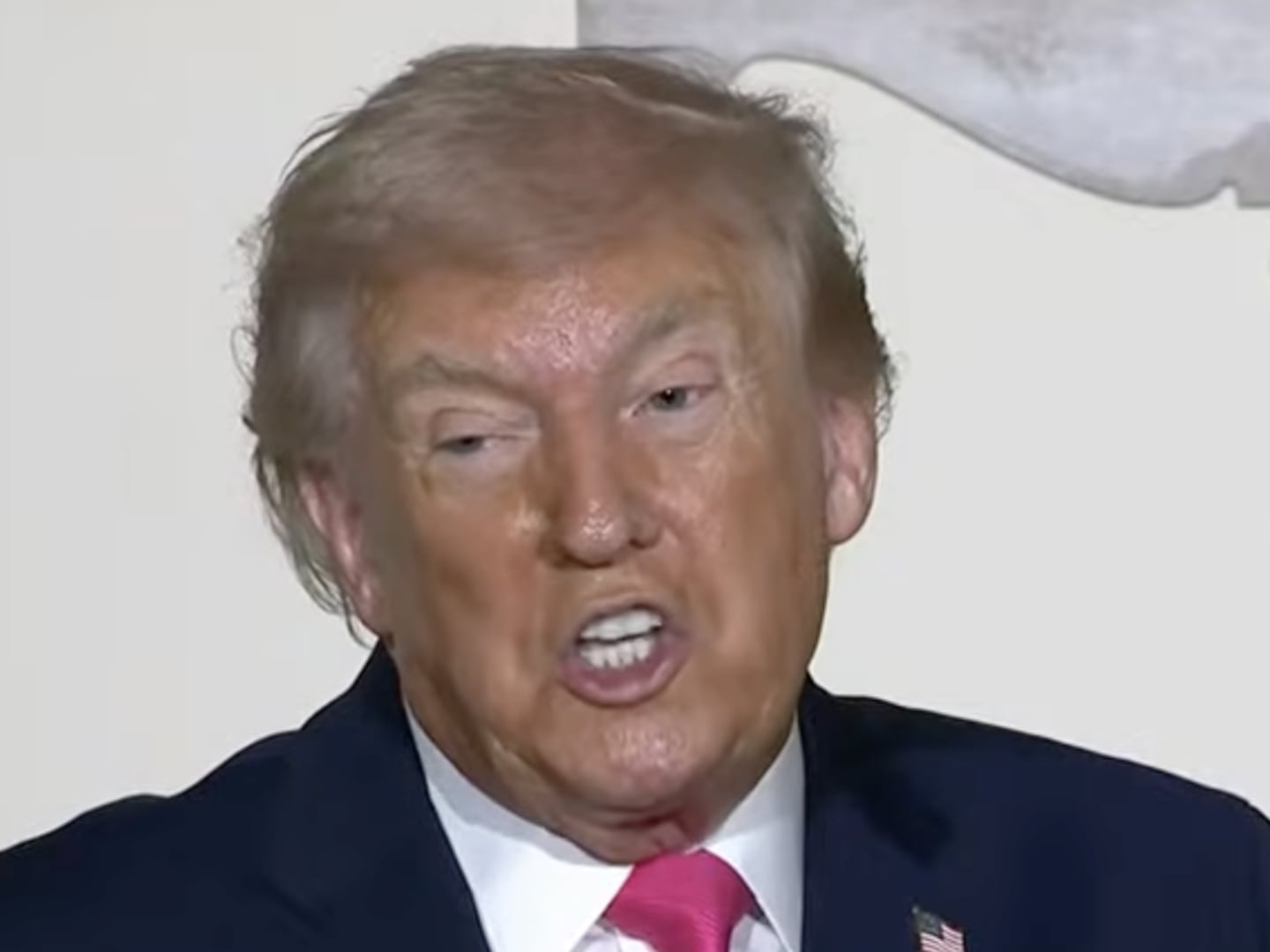My friend Tim Lee says that critics of Bitcoin need to do a better job of explaining why bitcoins--the virtual currency that has been soaring to impressive heights--are in a bubble. Tim writes:
When people dismiss Bitcoins because they can’t think of how they’d use it, they’re missing the fact that Bitcoin is a platform, not a product in its own right. When ordinary users started buying computers, it wasn’t because they thought it would be cool to own a computer. They did it because they wanted to do spreadsheets or word processing or email. Similarly, ordinary users aren’t going to start using Bitcoins just because it’s a cool technology. If normal users start using Bitcoin, it will be because they’re interested in gambling, or cheap international money transfers, or some other applications that hasn’t been invented yet. And Bitcoin’s intermediary-free architecture means that many more people can try their hand at building the platform’s killer app.
I haven't written about bitcoin before, but here's my stab at why it's fair to say that bitcoins are frothy: eventually, the novelty will wear off, the state will get involved, and the costs will be found to outweigh the advantages.
The problem isn't that I can't imagine how I'd used bitcoins. I can imagine exactly how I'd use them: to evade government surveillance of my financial transactions. This potential use seems to have tickled the imaginations of many, many bitcoin fanciers. The problem is, the government also has an imagination.
The reason I think that bitcoins will ultimately go away is that I think they will, like other virtual currencies before them, ultimately prove to be too illiquid. A dollar is one of the world's most liquid assets: it can be turned into virtually anything I want, at least if I put enough of them together.
But bitcoins are not so liquid. Mostly, to buy things, I need to trade them for dollars or another currency. And that is the fatal weakness of bitcoins: at some point, to compete with dollars, it needs to enter the real economy. And if bitcoins become a good way to avoid government surveillance of your financial transactions, then governments will find a way to choke off those entry points so that bitcoins become very illiquid indeed. You cannot have a valuable currency that is good only for the purchase of child pornography and other highly illegal, entirely digital goods.
Remember how online gambling was finally going to let Americans evade the absurd US gambling laws? For a while it did. And then Congress sat on the banks and the credit card providers until they agreed not to process those transactions. You could still gamble online, but you couldn't get paid, which basically killed the US business. You could name half a dozen other examples of technologies which failed to provide a real alternative to currency.
Some of those "technologies" are pretty low tech. Bitcoins are essentially electronic bearer bonds. Readers of 1930s-era thrillers will remember that these often figured heavily in the plot: bonds which paid out to whoever happened to be physically holding the bond. These were very useful for refugees, tax dodgers, and criminals, and anyone else who wanted to keep the government's eyes off their finances.
But the usefulness of bearer bonds became a problem. If your bearer bond was destroyed, you had no recourse. They also turned out to be very useful to steal, since the original owner had no way to prove their property rights. And indeed, one source alleges that about 10% of bitcoins have been stolen at some point.
Even worse, governments found a way to shut down the issuance. In fact, this proved surprisingly easy: the US government simply announced that interest payments on bearer bonds would no longer be tax deductible. And voila, no one in this country wanted to issue bearer bonds any more.
All of which is to say that the government can destroy much of the value of your bitcoins simply by making it hard to exchange them in the real economy. For bitcoins to be really useful, it must be possible for them to be exchanged for other currencies at a fairly stable exchange rate. For now this is impossible simply because the price of bitcoins gyrates so wildly. But say that things settle down in the bitcoin market; you've still got a big problem. Efficiently exchanging them for other currencies implies a physical nexus somewhere: a moneychanger, a central exchange. That physical nexus is vulnerable. Servers or piles of cash can be seized. If the local government turns a blind eye, shipments in and out of that country can be blocked.
Look at tax havens, which are starting to cave under pressure from countries with stricter banking laws. This has been a bit of a surprise, given that in many places, selling secret bank accounts is basically the entire economy. But under examination, it makes sense: bank secrecy laws don't do you much good if other countries have banded together to make it impossible to transfer money into or out of your country.
On net, the digital era has made it easier, not harder, for governments to control the finances of their citizens. Why don't we already have an easy, anonymous way to transfer cash? Is it that no one has tried to think of one? No. Is it that the such a thing is technically impossible? God no: bitcoin proves that. So do hawala networks.
The reason it hasn't happened is that governments can fairly easily prevent those transfers from entering the traditional banking and credit networks, which means that for most people, such a technology would be basically worthless. And the more we shift away from physical cash, the harder it gets to transform your bitcoins into currency. If you start making sizeable deposits of cash, and you don't run a convenience store, a nice lawman will eventually show up at your door and ask you where all that money is coming from.
It isn't that I think that governments will actually make it completely impossible to use your grey market currency. There's no way to entirely shut these transactions down: for example, I could use my bitcoins to buy something that I could then sell for cash. But this is really cumbersome, which is why there's no such thing as an all-barter economy.
People often tout the lower transaction costs of bitcoins. But as long as the government wants to monitor your financial transactions (and they do!), bitcoins are likely to have higher transaction costs, especially in the developed world. Yes, Western Union charges me to send my money across the world. But on the other hand, it's easy to find Western Union and agree on a price. To change my dollars for bitcoins, in the absence of a central exchange, I have to first find someone who has the bitcoins, then haggle over the price . . . and there goes my Sunday. The high costs in personal time are simply not worth it to save a few bucks on a money order.
In other words, I think that governments can make it so difficult to translate your bitcoins into the real economy that most people simply won't bother. And the more successful that bitcoins are--the better they become established as an alternate currency--the more likely it is that rich-world governments will swoop in and make it prohibitively difficult to use bitcoins to procure real-world goods in developed countries. At that point you've essentially got a novelty currency like greenstamps, which can be exchanged for only a limited supply of goods, and maybe some developing-world travel.
Given that, bitcoins seem overvalued to me. People are betting on bitcoins as an actual substitute for money, not a novelty currency. And while I wish the bettors luck, I think they're facing some pretty long odds.





